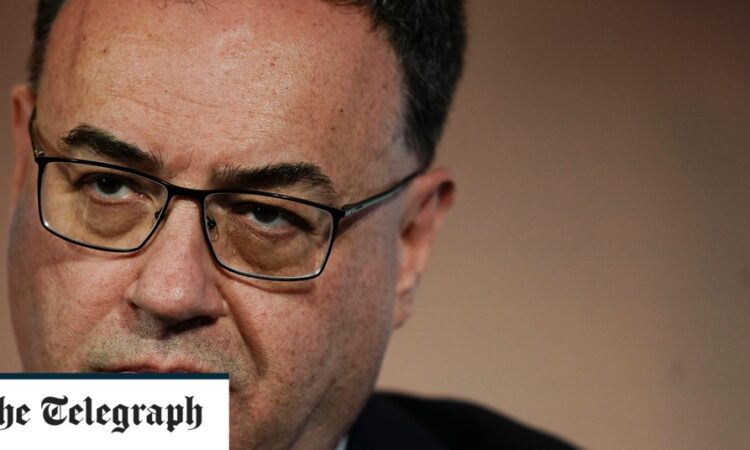
The MPC failed spectacularly in early and mid-2021 to recognise the looming inflationary dangers that would be unleashed as lockdown ended – dangers that financial markets were signalling and which some commentators foresaw.
When it did finally start raising rates, the Bank was then too timid, relying largely on cautious quarter-percentage-point increases.
In recent months, and particularly with this latest belated “shock and awe” half-point rise, the MPC has compounded these errors by over-compensating in an effort to regain its shattered credibility. As such, the Bank is imposing considerable, unnecessary damage on the broader economy.
The MPC’s errors past and present mean that interest charges on millions of mortgages, personal loans and corporate debts will be higher for longer than would otherwise have been the case.
From this point on, it would be a profound error for the Bank to implement further rate rises in August, when the MPC next convenes, and at its meetings later this autumn and winter. And yet financial markets have now priced in a base rate exceeding 6pc by the end of 2023.
Having peaked at 11.1pc in October, headline inflation was widely expected to keep falling in May, helping Rishi Sunak, the Prime Minister, meet his pledge to halve inflation by the end of the year.
But official figures showed that the consumer price index – 8.7pc higher than May last year – still stubbornly high. With eurozone and US inflation at 6.1pc and just 4pc respectively, the UK is now an inflation outlier.
Falling petrol and diesel prices made the largest downward contribution to the headline figure, with energy price inflation also easing. But these factors were offset by a sharp rise in the cost of airfares, second-hand cars and still sky-high groceries. Food price inflation was 18.3pc in May, only slightly down from 19.1pc the month before.
And “core inflation” – excluding food, energy and other items subject to sharp price changes – rose from 6.8pc in April to 7.1pc in May.
It was the increase in this closely-watched, technical measure – capturing underlying price pressures – that really spooked financial markets and, seemingly, the MPC. Because on Thursday seven of the nine committee members voted to raise rates by half a percentage point, more than the markets expected.
Last week’s shocking inflation data, and the Bank’s response, has potentially serious implications for several million homeowners with fixed-rate mortgage contracts expiring in the run-up to the next general election, expected in the autumn of 2024. The political impact could be huge.
Having secured two-year, three-year and five-year deals between 2017 and the end of 2021, when rates were very low, numerous households will be forced to re-mortgage at market rates now well above 6pc – rising to 7pc in some cases – upending their family finances.
And upward pressure on interest rates is also being generated by UK government borrowing – which soared to £20bn during May according to official data also published last week but barely noticed due to inflation and mortgage concerns. That’s more than double the £9.4bn of state borrowing in the same month last year.






